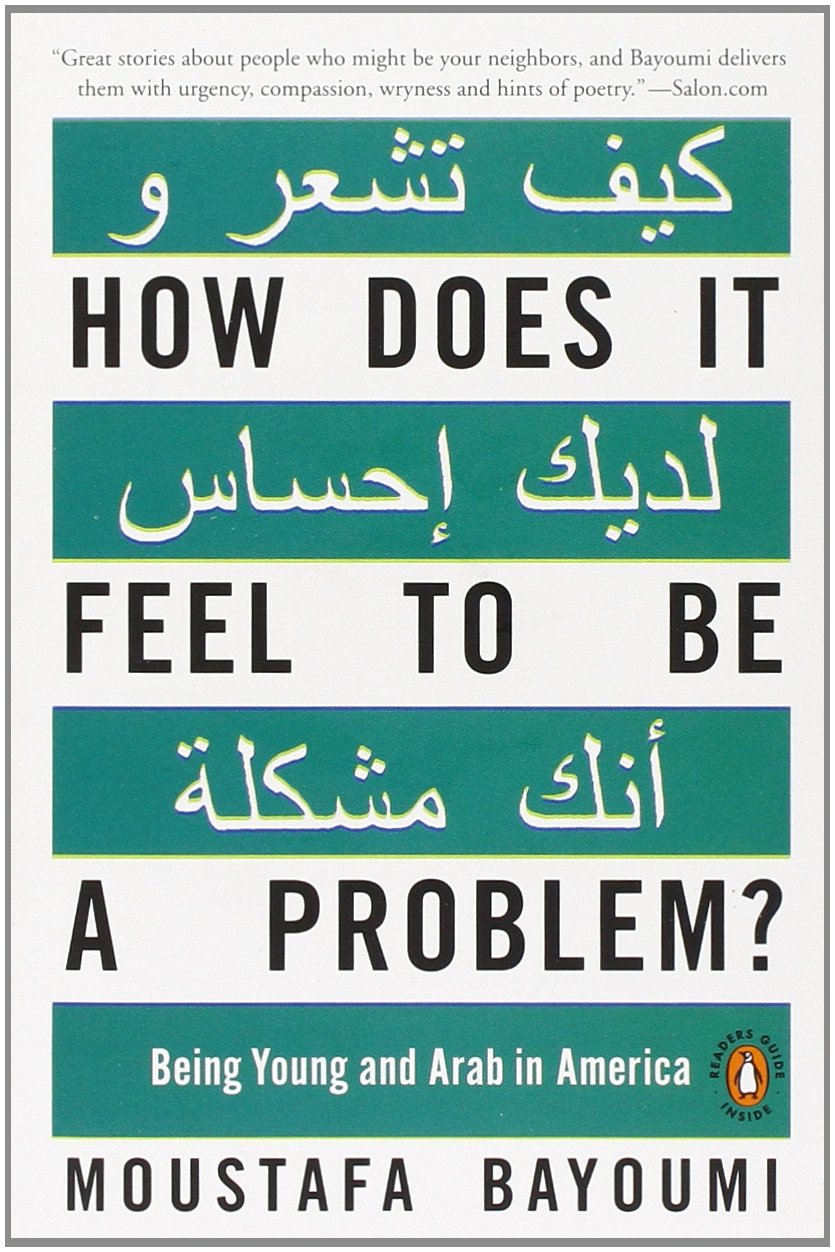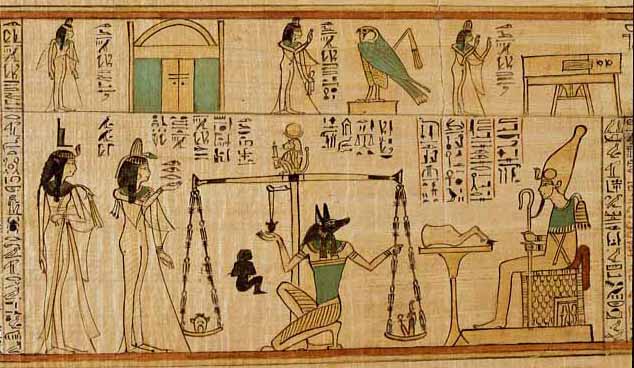
BY DEBRA ERDLEY
TribLive.com
Updated 49 minutes ago
Seizing a moment when the world is rife with division and presidential campaigns highlighting the bitter divide dominate the headlines, some universities are asking students to walk a mile in the other person’s shoes this summer.
This year’s common readers — books universities assigned to incoming freshmen to read over the summer — reflect that challenge at private and public universities across the region that have hewed to the tradition.
Carlow University President Suzanne Mellon said she selected this year’s Carlow common reader — “How Does It Feel to be a Problem? Being Young and Arab in America” by Moustafa Bayoumi — with such a challenge in mind.
For millennials who have grown up immersed in the world of social media and candidates’ 140-character tweets, it promises to offer a deeper discussion on issues of religion and ethnicity that are dominating presidential politics this year.
Looking to expand the conversation, Mellon extended the common reader challenge to the entire community at the private university perched in the hills of Pittsburgh’s Oakland section.
The book features seven in-depth portraits of young Arab Americans living in Brooklyn, N.Y. Their experiences range from being a college student to an Arab-American Marine who served the United States in Iraq.
“This is a launching point for a dialogue about people who have been singled out and branded persona non grata. But it also echoes the experience of men and women who persevere through triumphs and setbacks. It’s a topic that will generate a lot of discussion,” Mellon said.
Sixty miles to the east, Kevin Berezansky, associate director of the Cook Honors College at Indiana University of Pennsylvania, chose a tome that could have been pulled from yesterday’s headlines: Jonathan Haidt’s “The Righteous Mind: Why Good People are Divided by Politics and Religion.”
IUP’s Honors College has used Haidt’s book as a common reader for incoming freshmen since 2012.
During orientation, upperclassmen in the honors college lead discussions on the book with incoming freshmen. Part of the goal is to provide a model for an honest exchange of opinion — “how to disagree without being disagreeable,” as Berezansky puts it.
“We picked it the first year partly because it was an election year. But it also seems to present the issue nicely in a way people haven’t thought about. (Haidt) looks at moral intuition and talks about how people seem to arrive at things morally without really understanding where it comes from, and he talks about how that is related to the groups people come from and how that shapes them.
“We attract students from across the social and political spectrum, and it gives them a way to talk about things,” Berezansky said.
Kei Kawashima-Ginsberg, who directs the Center for Information and Research on Civic Learning and Engagement at Tufts University in Medford, Mass., has studied voting trends among millennials.
Although there’s no research pointing to the impact of such programs on voting habits, she said summer readers that focus on the perspectives of individuals outside the mainstream have a dual impact on students.
Tufts, like Chatham and IUP, assigned a summer reader that asks students to consider the perspectives of outsiders. “Life in Limbo,” the Tufts summer reader for several years, examines the experiences of undocumented immigrants.
“Although young people today are among the most diverse generation of Americans, they are growing up in an echo chamber. They go to school in districts with similar people and access social media that reflects their opinions and that of their friends,” Kawashima-Ginsberg said.
“It’s important to be exposed to new ideas and lives that have never touched yours. That can have an important impact both on the individual and on driving civic development and engagement,” she said.
And engaged voters can make a difference.
While college students traditionally vote in rates among the lowest of any voting age group, they are now part of the largest single voting group in America — millennials, ages 18 to 35, who make up nearly a third of the electorate.
Back in Pittsburgh, officials at Chatham University abandoned the concept of a common reader for new students in favor of a campus-wide book assignment as part of its Global Focus Program.
This year’s selection, “One Native Life” by Richard Wagamese, examines life from the perspective of a Native American, or one of Canada’s so-called First Nations citizens.
Chatham associate professor of history and Global Focus Coordinator Jean-Jacques Sene said Wagamese’s book should spark discussion across the social sciences and resonate with issues that have come up in recent months in the presidential races.
“Our choice was guided by the desire to revisit the dramatic history of First Nations, especially in the current context of discussion about ‘nativism’ in our own country,” he said.
Incoming honors college students at California University of Pennsylvania are reading “The Immortal Life of Henrietta Lacks” by Rebecca Skloot. It will give them a look at how one long-anonymous black woman’s cells taken without her consent became the first to reproduce outside the body and spawned tens of thousands of scientific research projects.
Mark Auen, director of Cal’s honors program, said the program has tapped the non-fiction tome for the last three years. He said the story forces students to think about ethical issues in scientific research.
“We’ve had great discussions,” he said. “Part of what I enjoy is we have art and history and pre-med and a variety of other majors in honors. Everyone has their own thoughts and approach. We always get comments along the lines of ‘They really did this to people?’ or ‘This was acceptable?’ I don’t have to do much other than give them the book and ask them to read it. They do the work and analysis. I look forward to it every year. I learn a lot.”
Source: triblive.com





